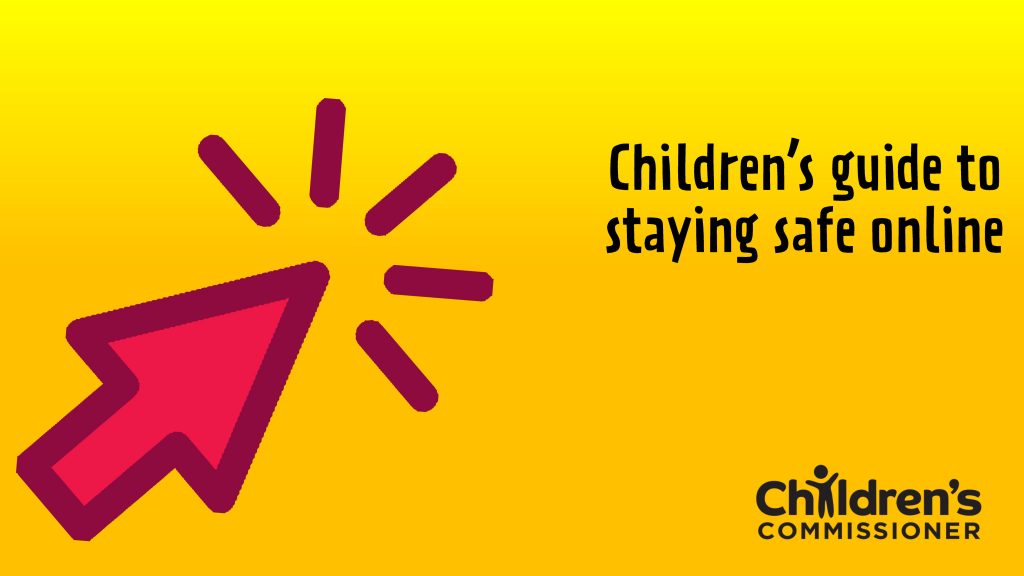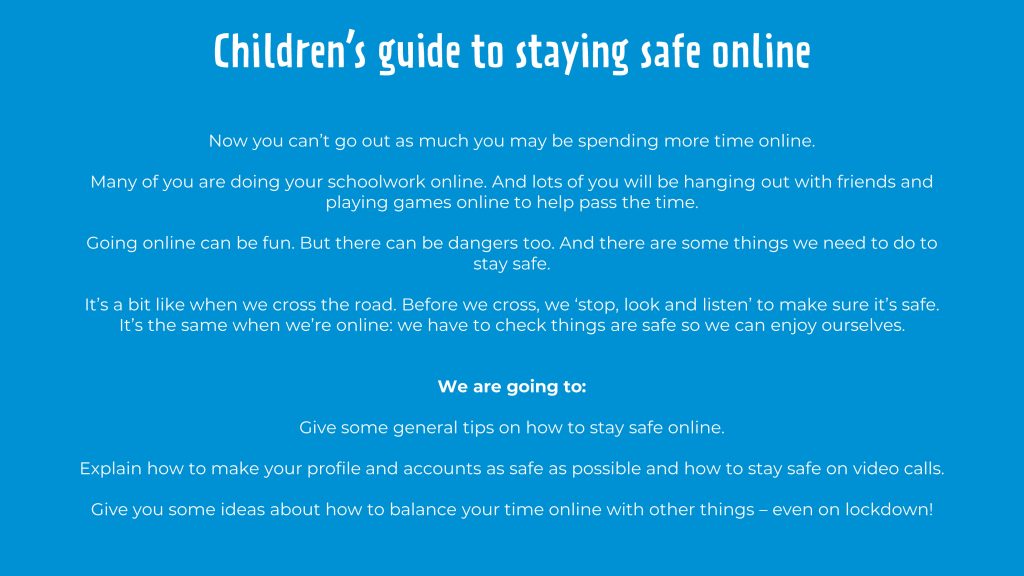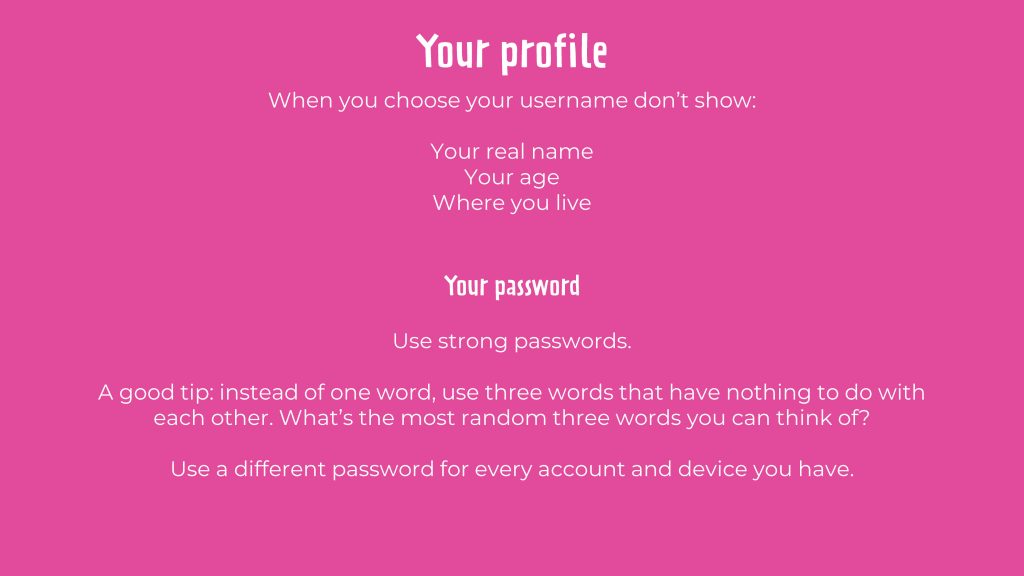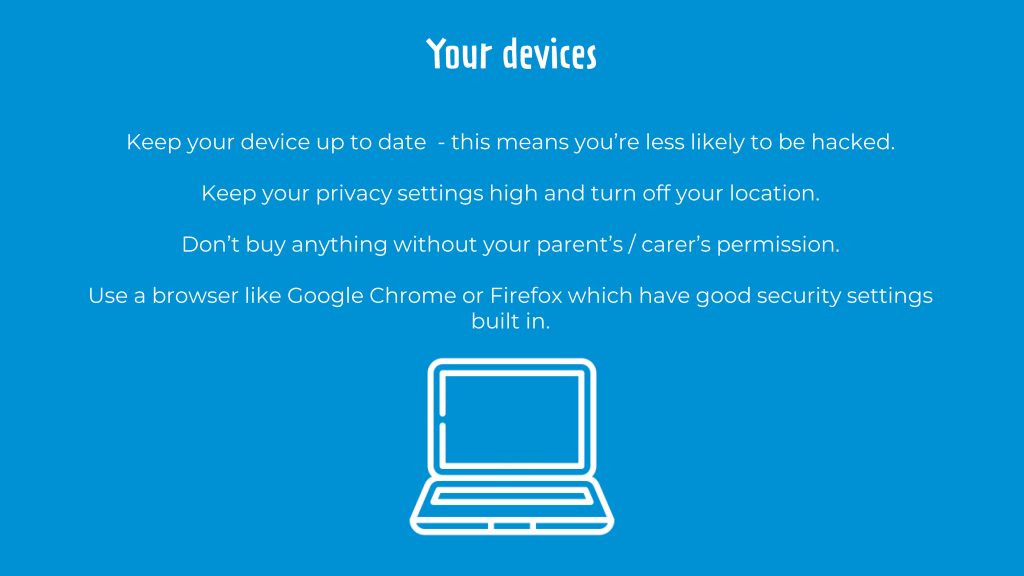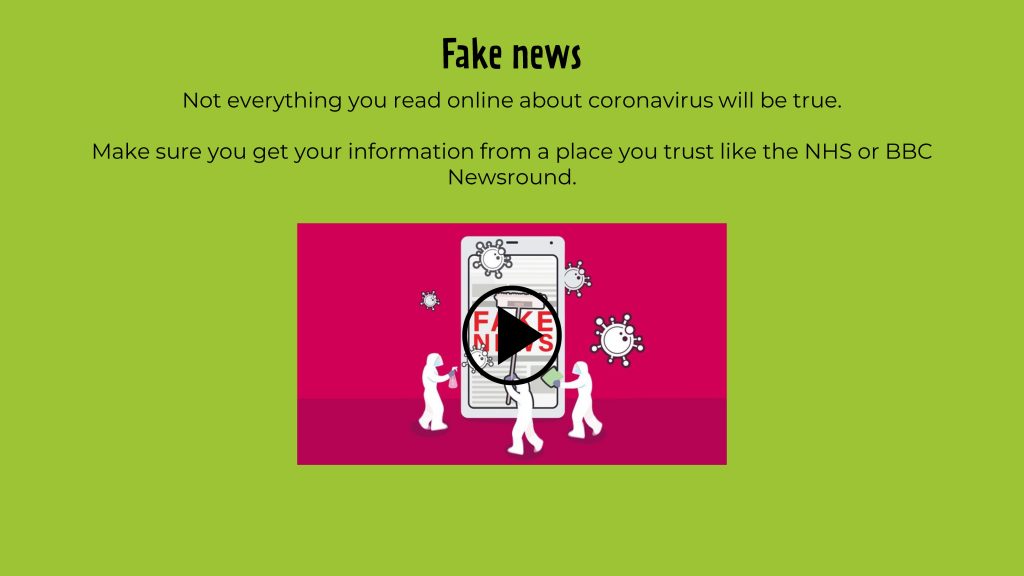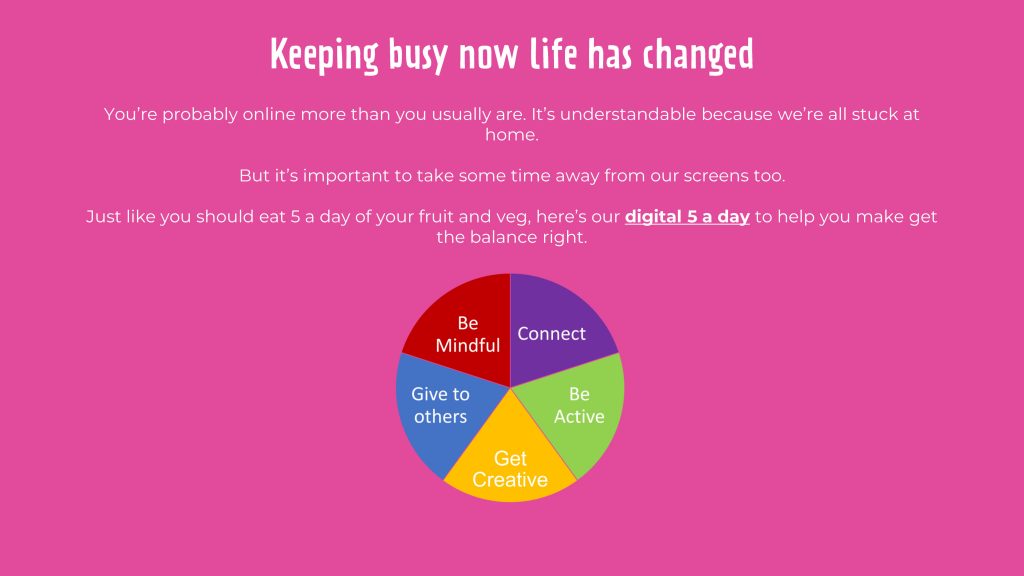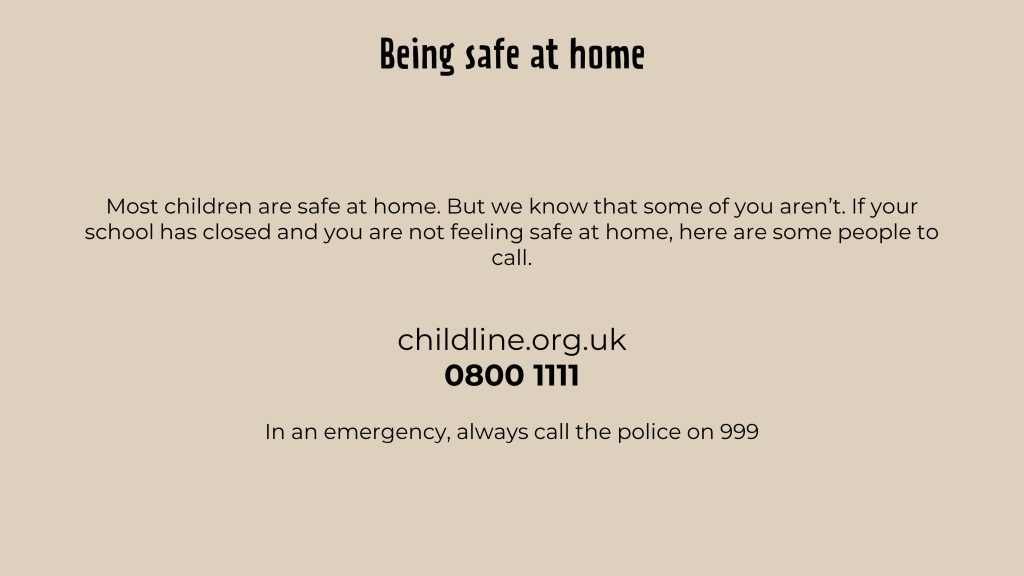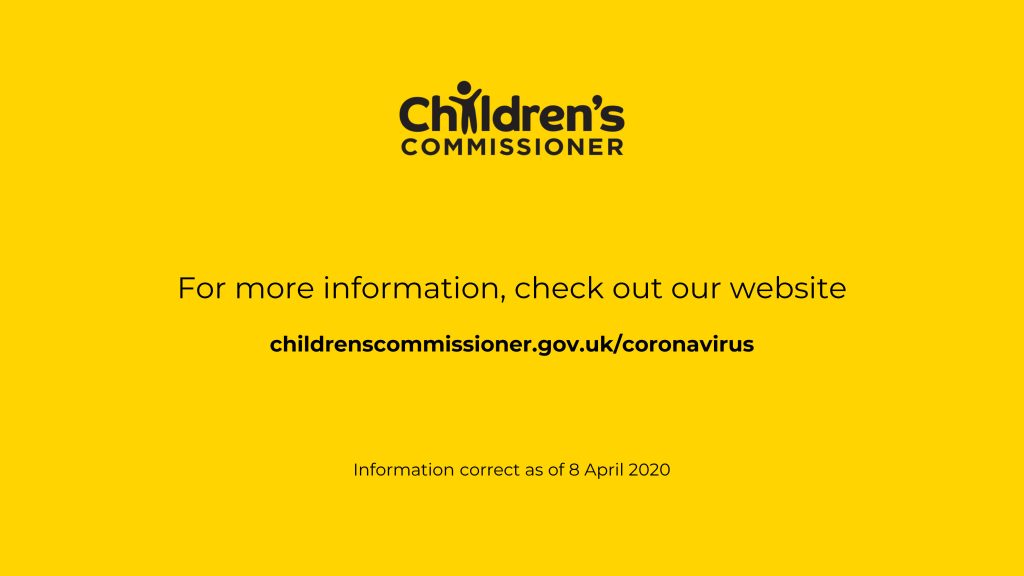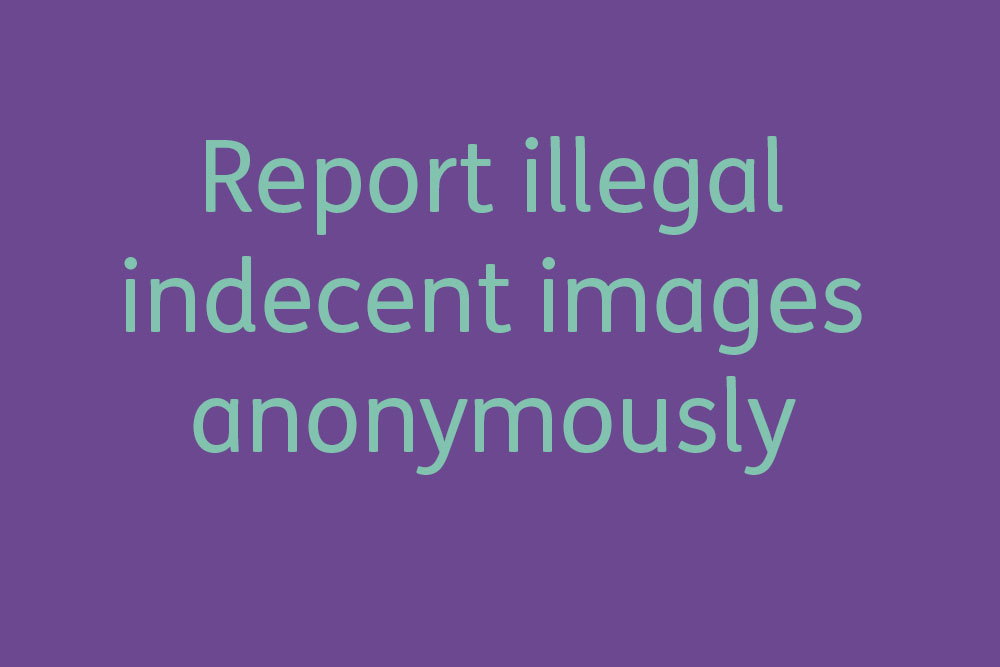The internet is a huge part of our lives now. It’s a great place to connect, be creative and discover new things. There are lots of fun and interactive things to do on the internet, but it’s important to understand how to stay safe online.
Ten Top Tips To Stay Safe Online
Click on each tip to expand.
1. Don't share personal details
Keep things like your address, phone number, full name, school and date of birth private, and check what people can see in your privacy settings. Remember that people can use small clues like a school logo in a photo to find out a lot about you.
2. Think about who you're talking to
There are lots of ways that people try to trick you into trusting them online. Even if you like and trust someone you’ve met online, never share personal information with them like your address, full name, or where you go to school. Find out more about grooming.
3. Watch out for phishing and scams
Phishing is when someone tries to trick you into giving them information, like your password. Someone might also try to trick you by saying they can make you famous or that they’re from a talent agency. Never click links from emails or messages that ask you to log in or share your details, even if you think they might be genuine. If you’re asked to log into a website, go to the app or site directly instead.
4. Keep your device secure
Make sure that you’re keeping your information and device secure.
5. Never give out your password
You should never give out your password or log-in information. Make sure you pick strong, easy to remember passwords.
6. Cover your webcam
Some viruses will let someone access your webcam without you knowing, so make sure you cover your webcam whenever you’re not using it.
7. Know where to find help
Understand how to report to service providers and use blocking and deleting tools. If something happens that upsets you online, it’s never too late to tell someone.
8. Respect the law
Use reliable services and know how to legally access the music, film and TV you want.
9. Acknowledge your sources
Use trustworthy content and remember to give credit when using others’ work/ideas.
10. Ask for help
If you’re ever feeling pressured or stressed by the internet, don’t be afraid to ask someone you trust for help.

What are the risks?
It is easy to become a victim of cyber-crime if you don’t protect yourself. People could try and gain access to your private information or hack into your online accounts. Some people might try and get you to click on dangerous links or persuade you to share personal info or images. Something you’ve shared online could later be used to bully or blackmail you.
Useful Resources To Help You Stay Safe Online
Internet Safety: How to Stay Safe Online (BSL) | Childline
Ever feel pressured to look good online?
Why not learn more about Be Real? Sign the Be Real Pledge or find out more.
If you come across illegal indecent images of children or young people online you can report them anonymously to the Internet Watch Foundation.
- Your privacy and cookies
- Information sourced from Childline and UK Safer Internet Centre.


